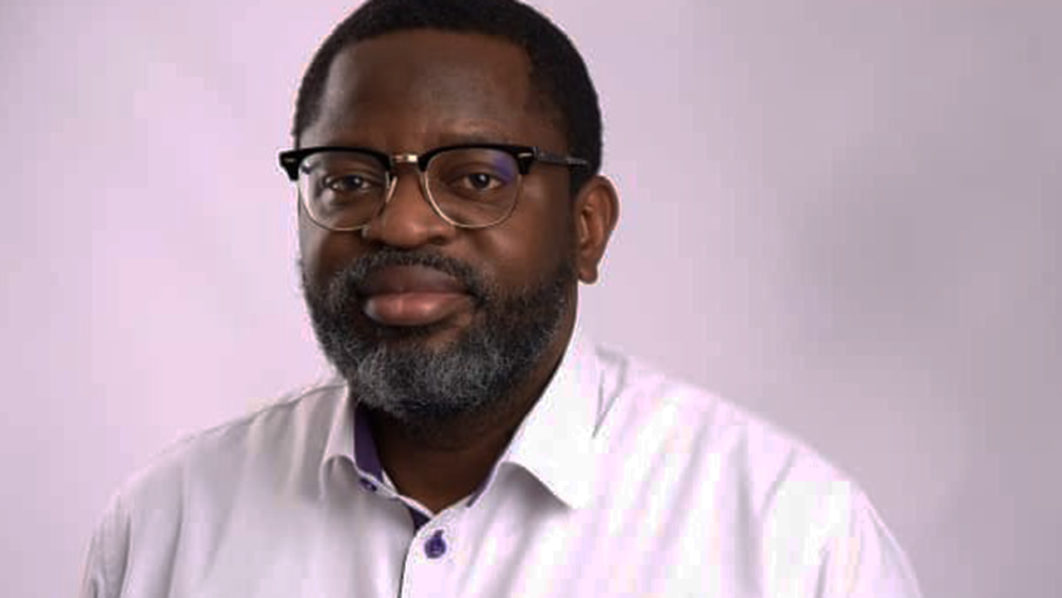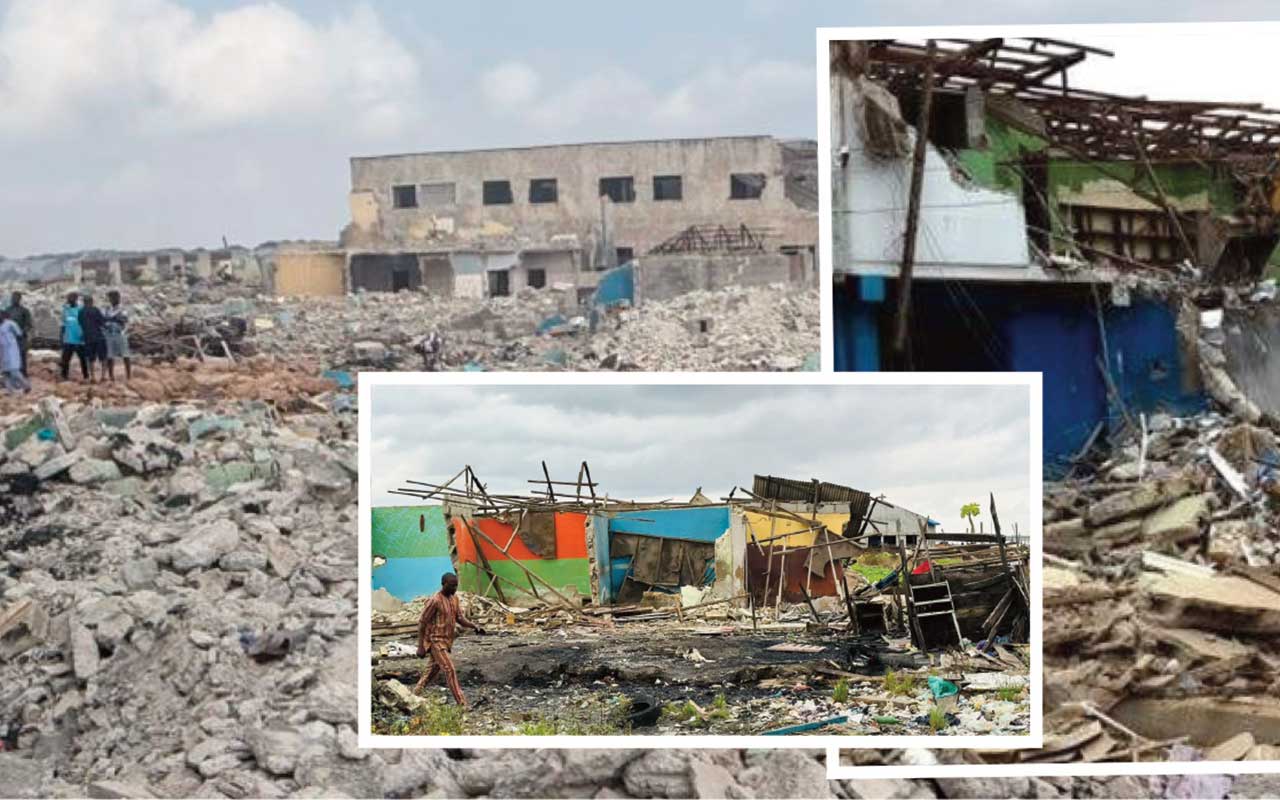
Amid public skepticism about experts and global institutions driving high standards across markets, the Royal Institution of Chartered Surveyors (RICS) has unfolded an ambitious agenda to keep the profession at the heart of the built and natural environment.
RICS is leading moves to douse the skepticism and leeway for professionals as individuals – can re-establish the value of their role and rebuild public confidence through its Futures project, which set out how the sector was likely to be shaped by a series of relentless global trends.
This included urbanisation on an unprecedented scale, the dramatic way in which big data and technology was disrupting the sector and the climate crisis.
The ‘RICS 2020 Futures Report’, which was released recently, outlined a number of areas the global professional body will focus on to ensure it continues to fulfill its mission to deliver confidence, act in the public interest, and support its professionals.
In Lagos, for example, over 70per cent of its 12million inhabitants live in slums, most of which are less than two metres above sea level. If temperatures rise by 2ºC, then sea levels along the west African coast can expect to rise 20–40cm by 2050. If temperatures increase by as much as 4–5ºC, then sea levels would overwhelm much of Lagos, Port Harcourt and other Nigerian ports.
In response to these challenges, nations, the private sector and civil society have come together at the UN to agree actions to be taken by governments and businesses in the areas of anti-corruption, the environment and human and labour rights.
They have also created a joint vision for sustainable and resilient urbanisation. The development of housing, transport and public infrastructure systems that enable communities to prosper comes at a cost. Building construction and operations and nearly 40per cent of energy-related carbon dioxide emissions.
Previously, assumptions about energy use of buildings were based on imprecise averages and estimates, but growing ability to gather and analyse big data demands on a more granular level.
RICS is committing to aligning the commercial and public interests in this area and developing practical solutions that enable our profession to help drive positive change by establishing the RICS building carbon database, a free-to-use, publicly available resource for building professionals to benchmark their designs and have access to more detailed comparative data on carbon emissions.
The Chairman, RICS Nigeria Group, Mr. Gbenga Ismail to The Guardian that the report was released in anticipation of the ever changing professional climate.
He said: “It is viewed that the profession as it now will not be agile in the future, if it remains the same as it is today. The report highlights what’s is needed and what needs to be done for it to remain relevant as a profession.
“For us in Nigeria, it means we must be proactive. The Nigeria Group is part and parcel of the RICS international and the future will not excuse our unpreparedness. We must embrace constant change and this report navigates our mind to the requirements of the future and what we must begin to engage in.
“This is the edge for each of our members. Furthermore we can use this to influence the imperfection in our local markets by bringing global standards to the marketplace for better efficiency and delivery of service.”
According to RICS Chief Executive Officer, Sean Tompkins, “for over 150 years, chartered surveyors have helped build our towns and cities, pioneered better environments, and been a force for positive social impact.
“However, the skills, ways of thinking and diversity of the profession must evolve to keep up with market needs. We cannot rest on our laurels.
“The pace and scale of change surveyors must adapt to is immense. The whole built and natural environment sector must get to grips with the impact of technological advances, changing occupier and investor requirements, while at the same time becoming more sustainable and diverse.
“RICS plays an important role in leading the development of respected international standards and assuring the conduct of the profession through robust and independent regulation.”
In order to maintain public trust, we know that – just like the profession – our work to guide and regulate the profession must evolve too.
“The pace and scale of change surveyors must adapt to is immense. The whole built and natural environment sector must get to grips with the impact of technological advances, changing occupier and investor requirements, while at the same time becoming more sustainable and diverse.”
“RICS’ strategic response is focused on three key areas – data and technology, talent and skills, and sustainability. Our initial priority is to ensure that our foundational standards appropriately reflect advances in these areas and are fit for purpose for the years ahead.
“Throughout 2020, we will particularly be focusing on reviewing our ethical standards (or code of practice), educational requirements, and valuation standards (commonly known as the Red Book).”
The review of valuation practice will focus on valuation for financial reporting with the aim of ensuring the services provided by RICS regulated professionals remain relevant and trusted in the context of:
•Rapidly evolving investor and occupier demand in relation to environmental sustainability
•Increasing involvement of AI in valuation assessment
Changing occupational trends (and their impact on investment worth)
•Changing public expectations over the independence of professionals, especially statutory auditors
“Understanding investor and occupier demand in response to these major market changes is critical and we must ensure RICS professionals have the full toolkit at their disposal for dealing with these issues,” Tompkins said.
“RICS is already leading the way in the built environment, with our value the planet campaign in the UK, highlighting how surveyors are using their unique position as the only professionals involved in the entire life cycle of a development, to make positive impact.’






